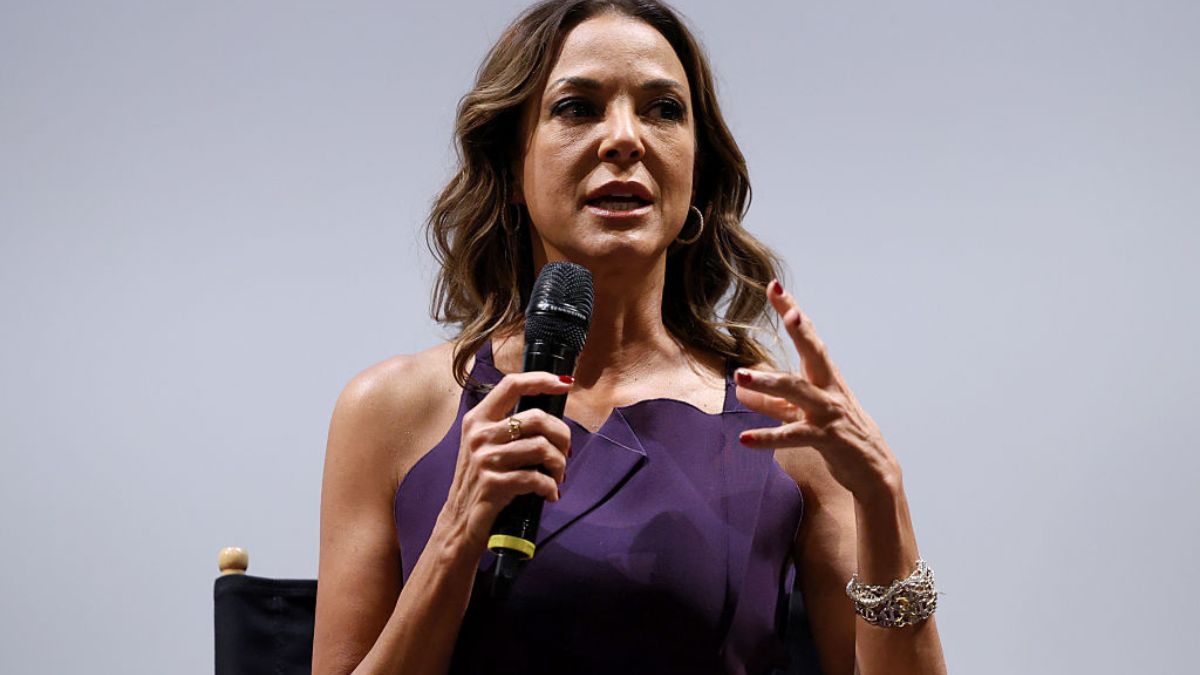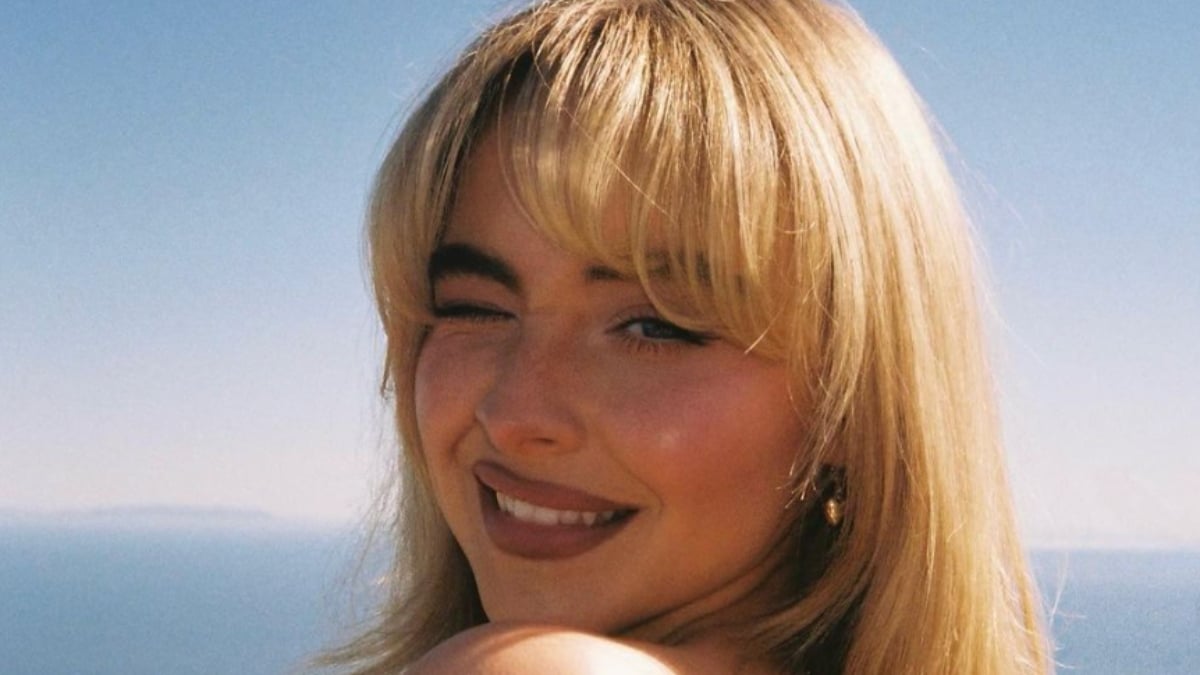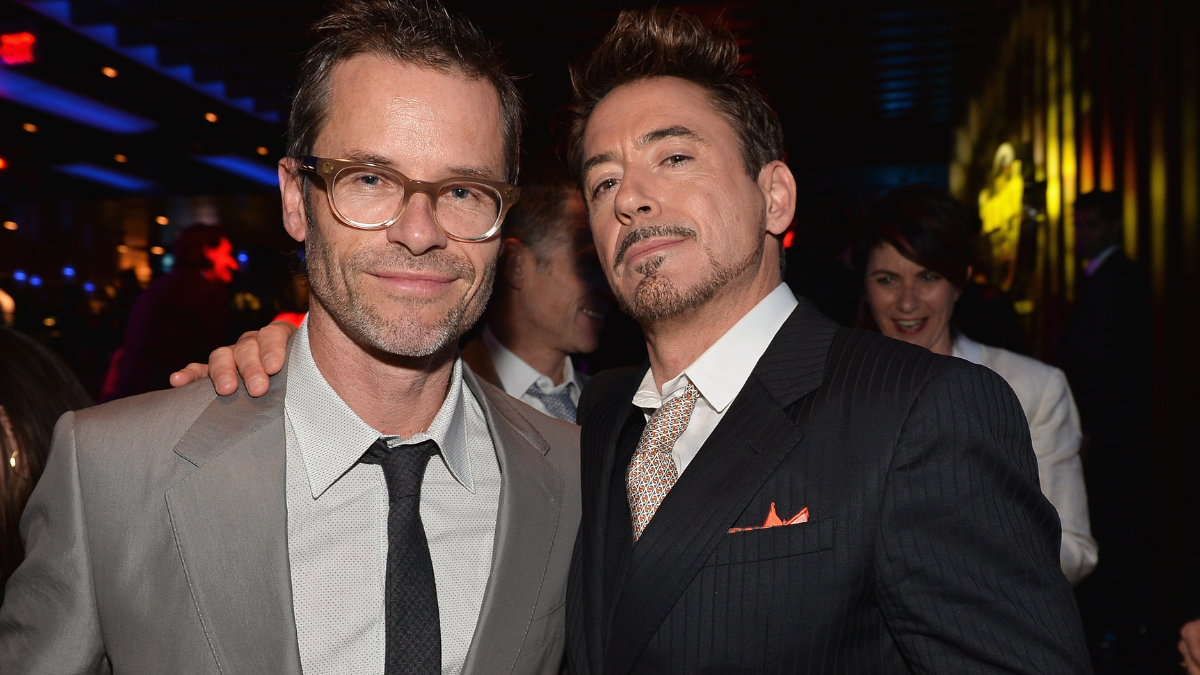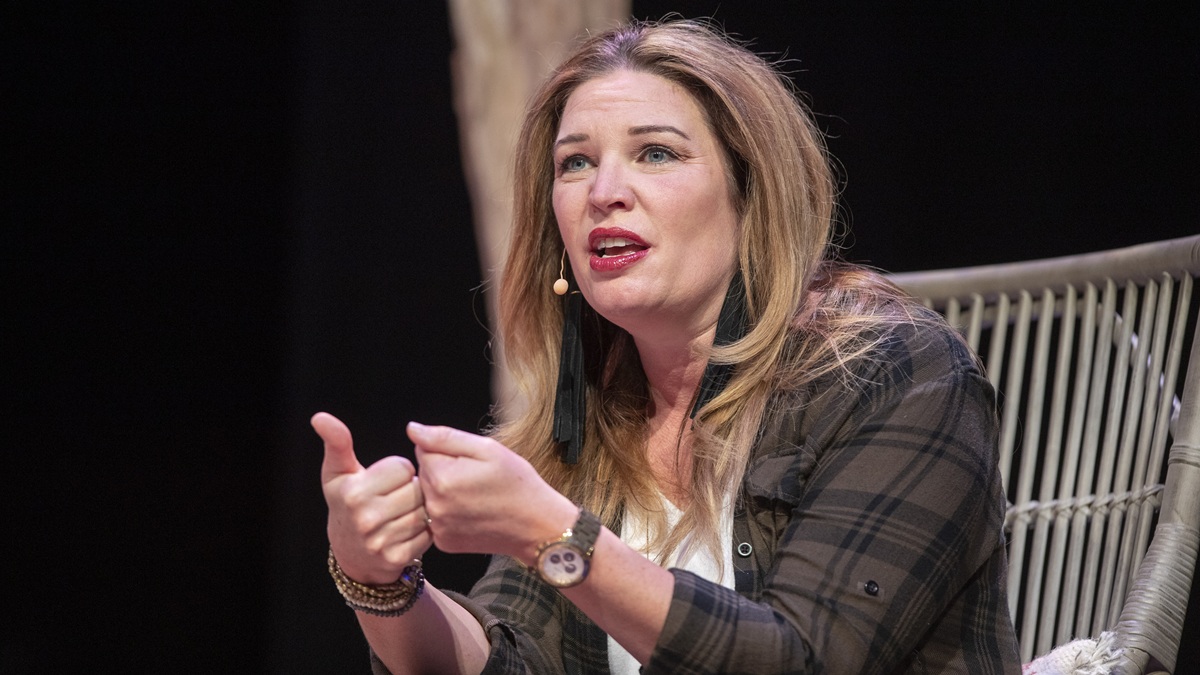Actress Zooey Deschanel has had roles in a number of films and television projects that some dubbed examples of the manic pixie dream girl stock character trend first labeled in 2005. But now, she says she rejects the label for her roles.
In a new interview with The Guardian published today, the 42-year-old talks about her new album covering Beach Boys songs and says the term coined by film critic Nathan Rabin does not describe her. Rabin said at the time, these characters are eccentric, unabashedly feminine, and often only exist to motivate a male protagonist. But Deschanel is not having this and says today, these kinds of characters can be well-rounded, and the key to seeing this is in making sure they are on screen for a while.
“I don’t feel it’s accurate. I’m not a girl. I’m a woman. It doesn’t hurt my feelings, but it’s a way of making a woman one-dimensional and I’m not one-dimensional. I think the tendency is still to make women one-dimensional, so you have to add dimension, if you can. The more screen time a female character gets, the more space there is to show complexities, but there has been a shift, so I’m optimistic.”
At another point in the piece, Deschanel also discusses her turn in 500 Days of Summer. In many instances, those who have seen the film cast her character as a villain for rejecting the advances of Tom, but, Deschanel says this is not the point of the movie. They wanted to go in another direction to make the movie interesting, and several points show that Tom is not a good man.
“The most telling scene is when she tells him: ‘I’ve never told anybody that before,’ and he makes it about himself. He is fixated on external details – such as her liking the Smiths – that has nothing to do with who she is as a person. To anyone who thinks Summer is the villain, I say: think a little deeper.”
Rabin, for his part, asked people to retire the term he coined back in 2014.
Deschanel will appear next in Harold and the Purple Crayon in 2023.










Published: Jul 21, 2022 01:45 pm